Every year the Newbery awards disappoint me. I generally think that the books are good, but I am very rarely wowed. And when I am wowed, it is always by a book on the honor list and not by the winner — as it is this year. It hit me yesterday why the Newbery books are usually just all right: because they are selected by committee.
An individual will pick a book that rocks because it taps into something unique in its concept, plot, expression, etc. In a committee, someone else will hate that book for the very same reason. So the committee picks a book that generally offends no one and rarely makes a statement more controversial then “reading is important.” (Hence a subtext theme about reading or banned books in 4/5 of this year’s winners). Sometimes an issue book will make it onto the list, but the issue has to be pretty well agreed upon. Show Way tells us that years of oppression for blacks was bad. Hitler Youth tells us that years of brainwashing of German youth led to the Holocaust, which was bad. Actually, I think both of these books are very good, and in fact the best things on the list this year. But certainly not controversial.
I talked about the Newbery books I had read before, so here are the three that I hadn’t read.
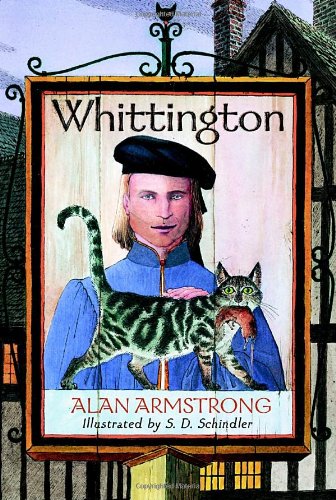 Whittington, by Alan Armstrong, is the story of a cat and his boy in history, as told by a different cat to a barn full of animals. Also woven into the story is a boy who comes to the barn with his sister to learn to read, and doesn’t seem the least surprised to have the animals talk to him. So I guess this is a fantasy. It’s a nice book for elementary school readers.
Whittington, by Alan Armstrong, is the story of a cat and his boy in history, as told by a different cat to a barn full of animals. Also woven into the story is a boy who comes to the barn with his sister to learn to read, and doesn’t seem the least surprised to have the animals talk to him. So I guess this is a fantasy. It’s a nice book for elementary school readers. Princess Academy, by Shannon Hale, is the story of a society from long ago with a little bit of magic about it. It has been foretold that the new princess will come from this village of mountain miners, so the girls are sent to a school to learn how to be a proper princess and be selected by the prince. They also manage to learn to read in an incredibly short time. Must be the mountain air. Our library cataloged this book for teens, but it is certainly appropriate for older elementary school readers.
Princess Academy, by Shannon Hale, is the story of a society from long ago with a little bit of magic about it. It has been foretold that the new princess will come from this village of mountain miners, so the girls are sent to a school to learn how to be a proper princess and be selected by the prince. They also manage to learn to read in an incredibly short time. Must be the mountain air. Our library cataloged this book for teens, but it is certainly appropriate for older elementary school readers. Hitler Youth: Growing Up in Hitler’s Shadow, by Susan Campbell Bartoletti, is a nonfiction looking at the children of Germany in the years preceding the Holocaust. Children were all but forced into the Hitler Youth “clubs,” almost all academic schooling was suspended, books were banned, and that was just the beginning. I learned a lot reading this book, things I never knew about the kids under the Hitler regime and their role in bringing about World War II. And I have read a few things about the Holocaust. This is an extraordinary book and I wish that every adult would read it, along with the teens for whom it is intended.
Hitler Youth: Growing Up in Hitler’s Shadow, by Susan Campbell Bartoletti, is a nonfiction looking at the children of Germany in the years preceding the Holocaust. Children were all but forced into the Hitler Youth “clubs,” almost all academic schooling was suspended, books were banned, and that was just the beginning. I learned a lot reading this book, things I never knew about the kids under the Hitler regime and their role in bringing about World War II. And I have read a few things about the Holocaust. This is an extraordinary book and I wish that every adult would read it, along with the teens for whom it is intended.Next year I am advocating a Newbery dictatorship. Five people are selected at random from the committee, they each submit their favorite book, rock/paper/scissors to decide the winner. And please, no more books about how great reading is. We get it.

















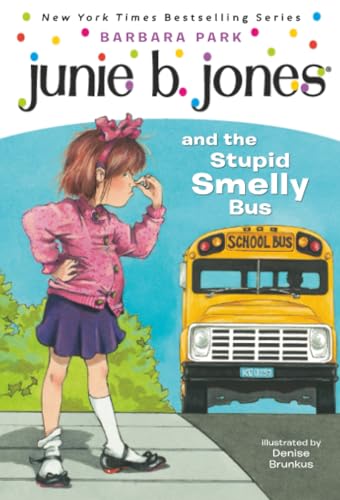



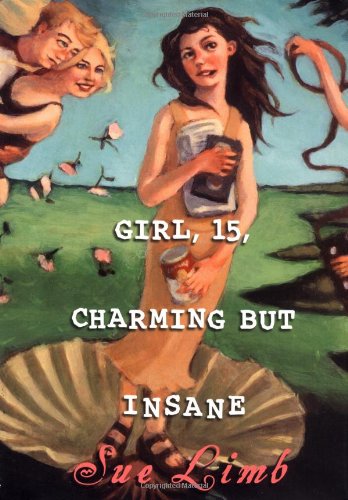
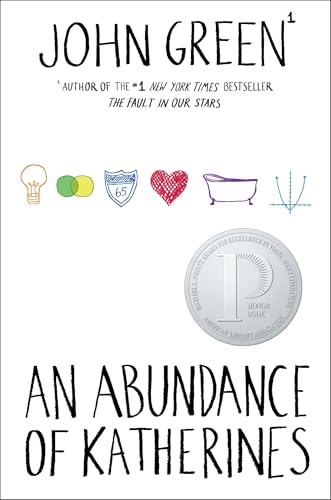
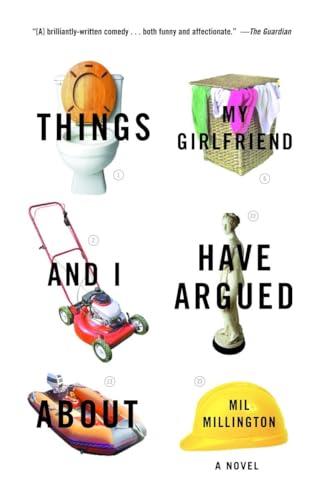
1 comment:
You are so right about the decisions by committee thing. My husband is a graphic designer, and whenever he produces concept samples for, say, a company's new logo, they invariably ignore the fresh, exciting, original designs he produces and choose the most boring one, and then--after a lengthy process of obtaining critiques and approvals from every rung in the corporate ladder, eventually have him edit and revise it until it looks . . . just like the old boring logo they had before--even though they came to him wanting a "new look" that "makes a statement." I'm sure you've nailed it on the head why this phenomenon is so common for him: any art that is truly original or unusual in any way will have lovers and haters. If the haters have the power to veto the lovers, the only thing everyone can agree on is milktoast.
Post a Comment